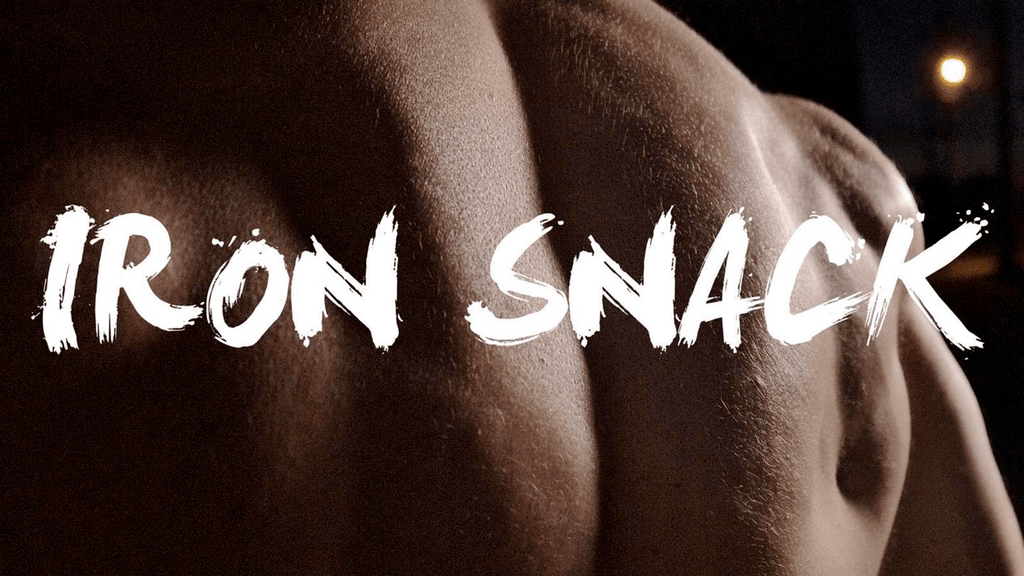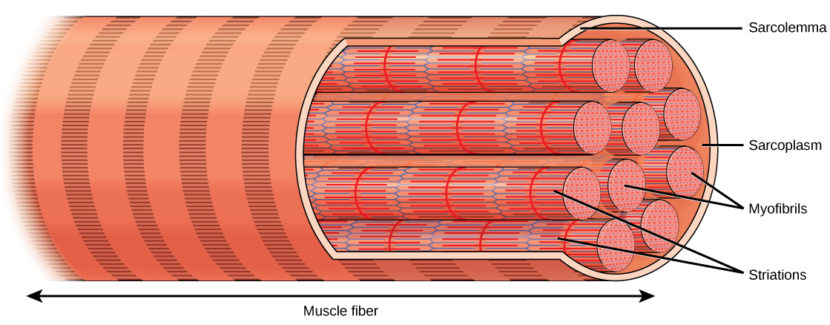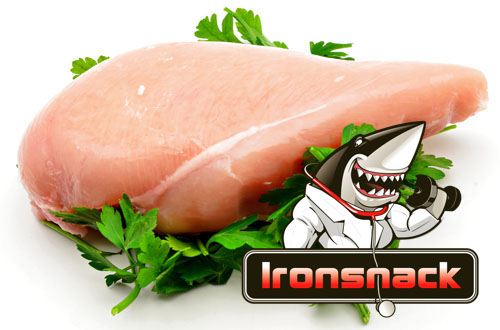Anabolic window of protein intake. Bro science or real science?
Who has heard of the anabolic window? The question of an anabolic window has been floated around the gym for as long as I can remember. Do you have to take protein in a certain time period after your gym session to get the best results? Is the anabolic window for protein intake just bro science or is there some real science out there to back it up? Most of us who have spent some time in the gym have heard that you should take a protein supplement such as whey protein within 30 minutes of finishing your exercise or risk wasting your workout and not getting the hard earned gains that you have worked for. Fortunately there is some good science to help answer this question.
Following a workout muscle protein synthesis (building of muscle) is increased at least for 3-72 hours post workout. Previous studies have shown that various forms of protein ingestion throughout a 12 hour period post exercise increased myofibrillar (muscle fiber) protein synthesis. The study also stated that the biggest increase was observed in the first 5 hours post workout. They also looked at dosing of the protein. In their study and protein supplementation consisting of 20g x once every two hours for 4 doses (80g) resulted in the best gains. Other dosing regimens such as 10g every hour for 8 hours or two large boluses of 40g were inferior. Another study looking at protein synthesis, found that those who ingested protein immediately after their workout as opposed to 3 hours after finishing their workout had a 3 fold increase in protein synthesis vs a 12% increase in those that waited.
Another study out of Denmark looked at a group of older males who consumed protein at either 5 minutes or 2 hours following their workout. They found that of the two groups those who consumed protein 5 minutes after their workout had an increase in the cross sectional area and mean fibre area of the quadriceps muscle. They were able to study this by taking pictures of the muscle using an MRI machine and actually biopsying the muscle and looking at the individual fibers under a microscope. This increase in muscle size was not observed in the group that waited 2 hours to consume their protein supplement.
All this points towards timing of protein consumption being very important. However a large meta-analysis (basically a study which is done by adding together the results of many studies) of nearly 500 participants which was much larger than any of the studies I have previously quoted found no difference in strength or hypertrophy. One thing the meta analysis did find was the daily amount of protein consumption was correlated to muscle size increases. So in reality getting the right amount of protein may be of more importance than the timing in which it is consumed after workout. This is one of the reasons that when we build meal plans for our customers we use not only use caloric goals but also macro nutrient goals.
Ultimately the science is mixed. The results of the large meta analysis shows the timing of your protein ingestion not making that big of a difference while some smaller studies indicate that it is important. I would recommend ensuring one of your regular meals is consumed following your gym session. However if for some reason you can’t take your protein right after your workout the science says don’t sweat it.
If you are looking for a great protein that has been studied by a third party company and proven to be pure and actually contain what the label states click the protein below. It is unflavored so you wont get the overbearing artificially sweetened taste but you will get the nutrition you are looking for. It’s been reviewed by over 1400 people with 4.5/5 stars on amazon.
Sources for anabolic window for protein intake:
The effect of protein timing on muscle strength and hypertrophy: a meta-analysis








